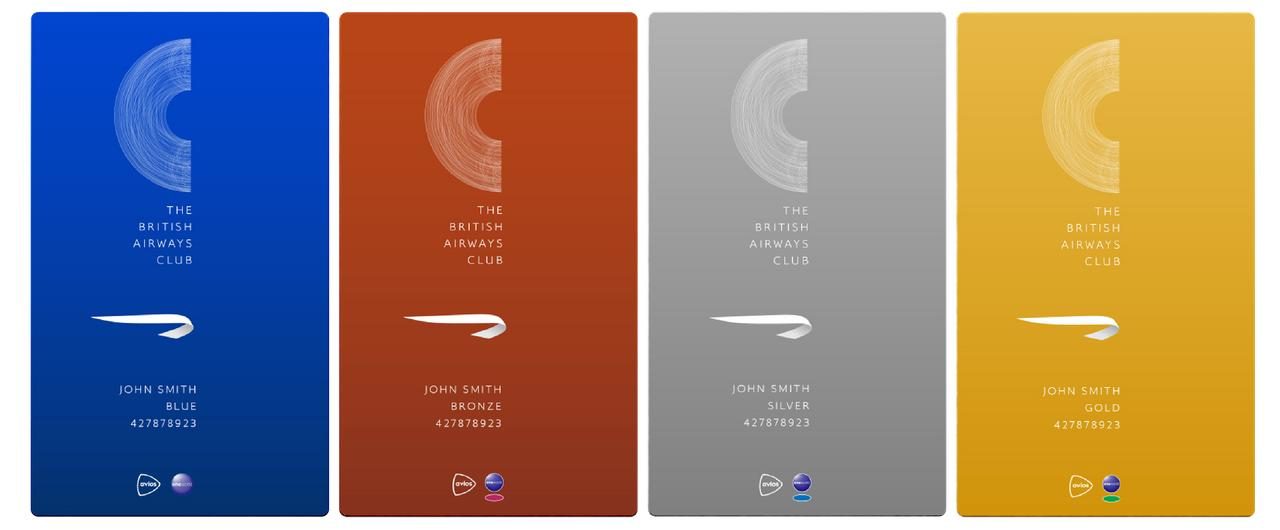Argentina Makes it More Difficult for its Citizens to Shop on Vacation
Skift Take
Argentine President Cristina Fernandez de Kirchner increased a tax on credit card purchases abroad ahead of the southern hemisphere summer vacation period to stem a hemorrhaging of reserves to a seven-year low.
The government raised a levy on card purchases in foreign currency to 35 percent from 20 percent, according to a resolution published in today’s Official Gazette.
Central bank reserves have plunged 29 percent this year to $30.9 billion as the government uses them to pay international debt and import energy, while Argentines have increased spending on foreign vacations and online shopping. The tax increase raises today’s implicit exchange rate on air tickets and purchases abroad to 8.3 pesos to the dollar from 7.4. In the official market, the peso fell 0.19% to 6.17 pesos per dollar, while the dollar on the illegal street market traded around 9.15 pesos, according to ambito.com.
“There’s been a drain of foreign currency due to tourism and we need to be very careful in order to guarantee the inflow of semi-finished and basic goods,” Cabinet Chief Jorge Capitanich told reporters today.
Capital Flight
Fernandez started to restrict access to foreign currency shortly after being re-elected in October 2011 to stem capital flight that almost doubled to a record $21.5 billion that year. In July 2012, the central bank issued a list of acceptable reasons to justify dollar purchases that didn’t include savings nor purchases of real estate, and placed limits on the amount individuals could buy to travel abroad.
The following month, credit-card companies were ordered to add a 15 percent tax advance to all purchases their clients made abroad. The charge was raised to 20 percent last March. Cardholders are able to offset the payments against future income or personal wealth tax liabilities.
The government last month said it plans to send congress a bill to increase taxes on luxury goods such as imported cars, yachts and planes. Capitanich said at the time the tax would free up more reserves for essential imports to increase domestic output.
Editors: Richard Jarvie, Harry Maurer. To contact the reporter on this story: Charlie Devereux in Buenos Aires at cdevereux3@bloomberg.net. To contact the editor responsible for this story: Andre Soliani at asoliani@bloomberg.net.
![]()





